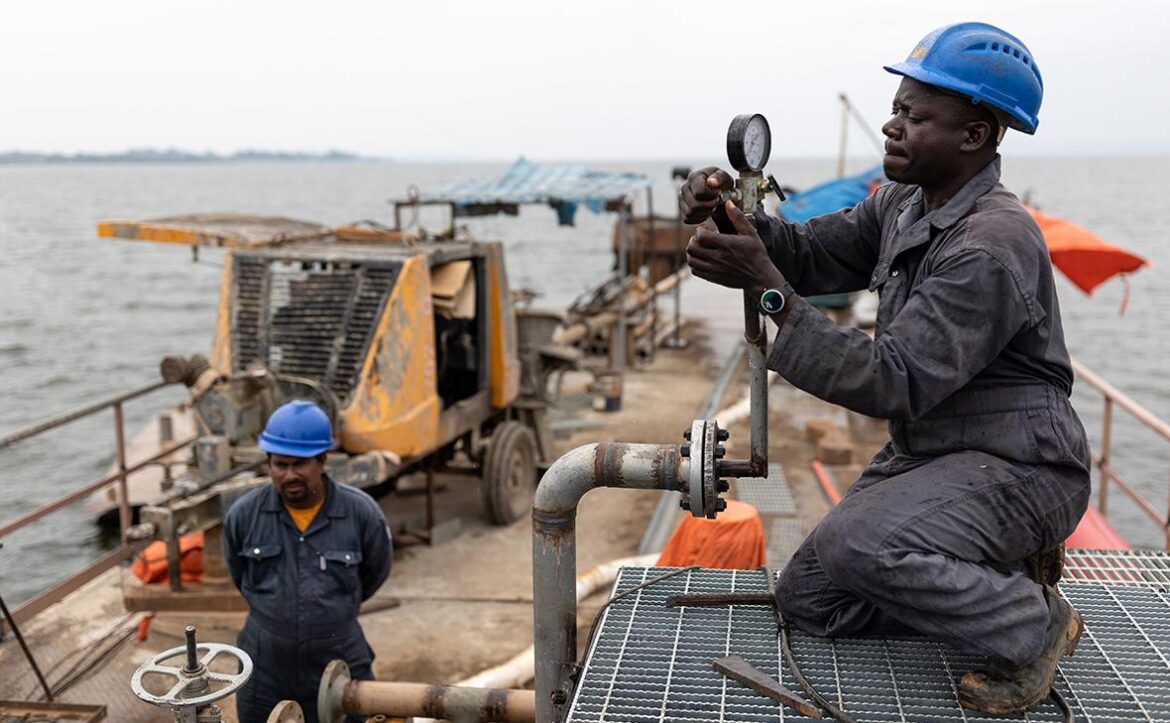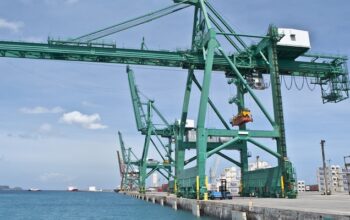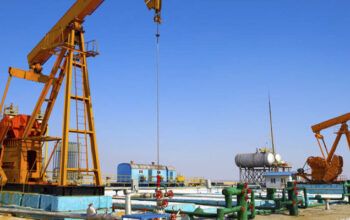The Nigerian oil market is facing a paradox despite the recent drop in crude prices, driven by Donald Trump’s tariff policies and a sudden increase in crude supply by OPEC+.
Last week, global crude prices fell to their lowest levels since 2021, losing $10 a barrel, reaching $65 by Friday.
A report from the Major Energies Marketers Association of Nigeria (MEMAN) on Saturday, as covered by the Punch newspaper, highlighted a decline in the landing cost of petrol from N885 to N865.
Normally, this would be a positive sign for Nigeria, which imports crude, but surprisingly, the ex-depot petrol price in Lagos increased by N40, rising from N860 to N900 per liter.
This shift indicates a disconnect between global crude price changes and local market behavior, as the state-owned Nigerian National Petroleum Company (NNPC) insists that local refiners purchase crude in US dollars.
This policy is adding to the confusion surrounding the market’s response to falling crude prices.
The Crude Oil Refinery Owners Association of Nigeria (CORAN) has questioned why Nigeria’s fuel price has not dropped below N400, especially considering that the cost of importing crude has fallen by N15,481.40.
According to the group, this drop should lead to a significant reduction in petrol prices, potentially lowering them from N900 to N400.
CORAN also suggested that if crude prices fall to $50 per barrel, fuel prices could go as low as N350 per liter.
However, despite the drop in crude prices and landing costs, CORAN warned that petrol prices are likely to rise due to other factors.
The association pointed out that the Naira-for-crude initiative, which allowed local refineries to purchase crude in naira, was scrapped by the NNPC. This initiative had previously helped stabilize local refining costs and lower fuel prices.
CORAN’s Publicity Secretary, Eche Idoko, noted that certain interests continue to push for the import of substandard petroleum products, undermining local refining efforts. “The price will keep rising because of the FX and logistics effects.
The cost of logistics, when added to foreign exchange costs, will make the price go up,” Idoko explained. He added that middlemen involved in the process were also driving up prices by taking a cut from the system.
The NNPC’s decision to end the Naira-for-crude program, which allowed the sale of crude to local refineries in Nigeria’s local currency, has added further complications.
The NNPC’s decision followed reports that it had already forward-sold its future crude output, possibly to meet contractual obligations or secure quick cash.
As Nigeria continues to face challenges in balancing its oil market, experts argue that it’s critical to restore policies that support local refining and minimize the influence of middlemen to allow Nigerians to benefit from the country’s vast oil resources.
![]()




